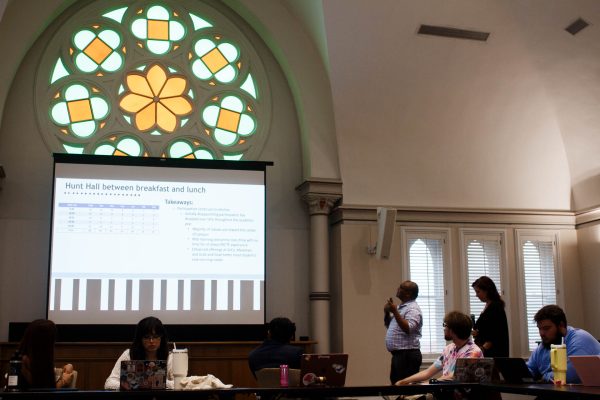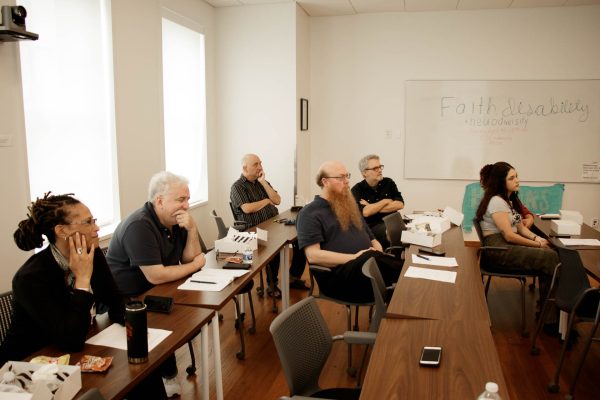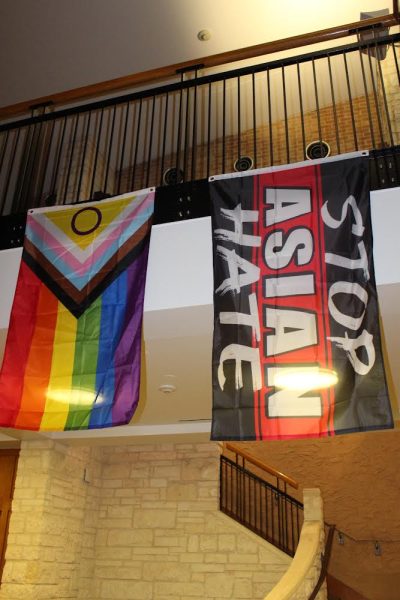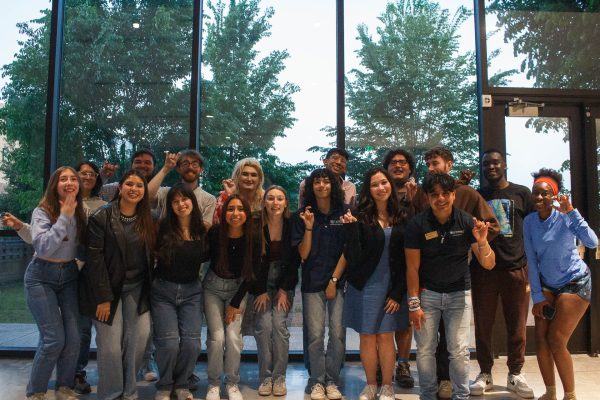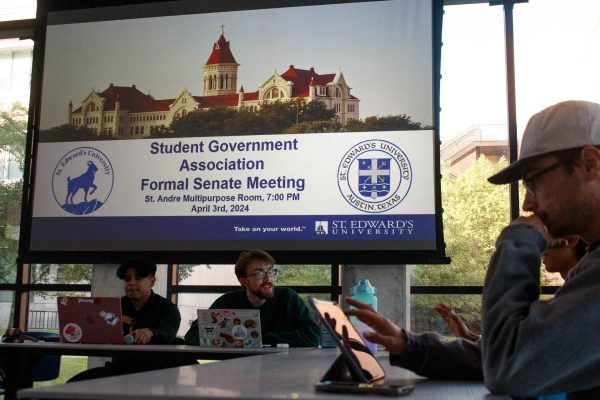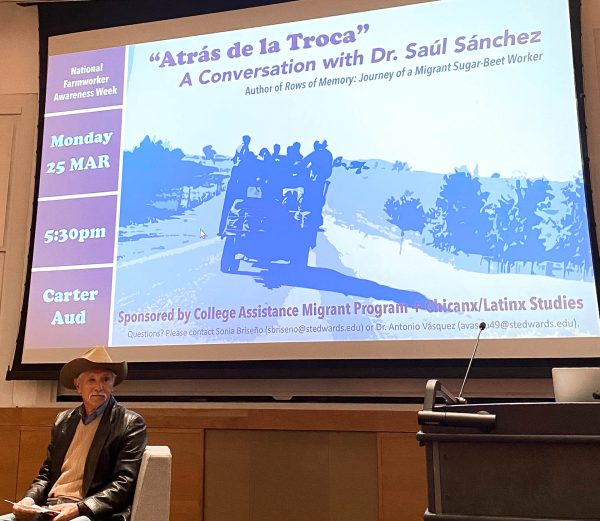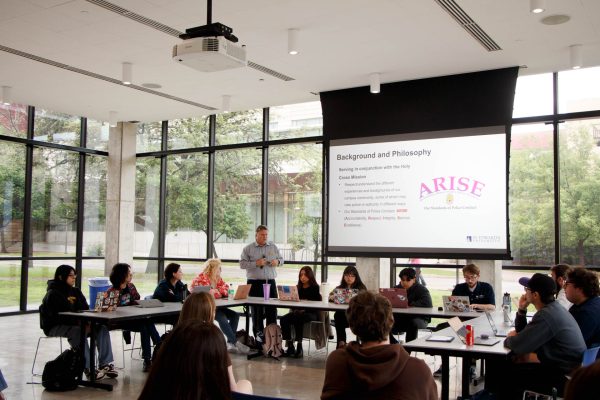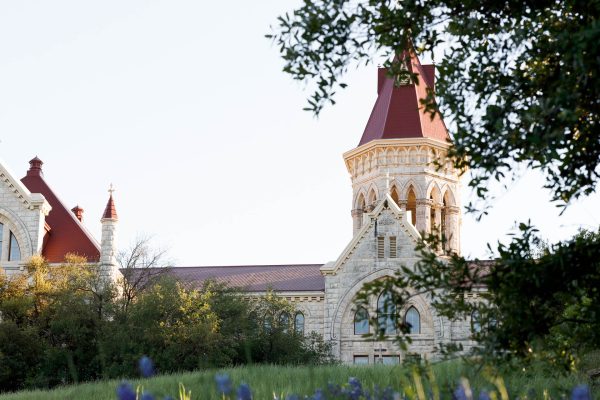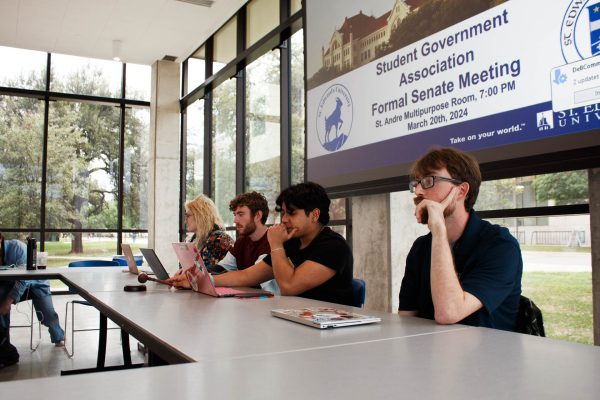Study abroad office pauses program for a year, restructuring to follow
The Global Engagement Office is temporarily pausing embedded study abroad opportunities for a year due to restructuring. Associate Vice President for Global Initiatives Bill Clabby said the changes will provide students with “more opportunities than they [have] now.”
Embedded programs are study abroad opportunities that take place for about two weeks, to accompany a class taken during a semester at St. Edward’s. One of the more well-known embedded opportunities is the annual common-text trip offered to freshmen for a chance to take an in-depth course about the common-text followed by an abroad experience.
Only a few embedded trips were not cancelled, such as the common-text trip in January, per the request of President George E. Martin and Sister Donna Jurick, said Clabby.
Embedded programs pose a problem for St. Edward’s because of their timeframe. Once the St. Edward’s semester ends, certain things can no longer be changed, such as grades. Many embedded trips include graded work, which cannot be entered since the trips often end weeks after the semester is over.
“We had some programs that ended more than two weeks beyond the end of the term and we can’t do that,” Clabby said.
In addition to the embedded program hiatus, several students were affected by an overcapacity in provider programs. Provider programs are another study abroad opportunity in which students can attend schools abroad through third-party programs that partner with St. Edward’s. Currently, St. Edward’s scholarships and financial aid from the school cannot be applied to provider programs, though Clabby stated that in the future this may change.
“We’re trying to create more opportunities that give more access to students to use their financial aid,” said Clabby in reference to both exchange and provider programs.
According to Clabby, about 20 students were affected by the limited space in the programs.
“For about three years, every year, the number of students going on provider programs was dropping. This year it spiked,” said Clabby.
Clabby attributed the decline to various factors, such as the recent terrorist attacks in France and the Arab Spring. Other factors, such as travel warnings and the rhetoric of President Donald Trump, can deter students from studying abroad. Clabby also cited lack of interest and similar programs that are more convenient, like previous embedded trips.
About 30 students from St. Edward’s apply to attend provider programs each year, though this rate has been declining, according to Clabby. This year, however, there were about 55 applicants. According to Clabby, the administration was not expecting such a high number of applicants to provider programs. Days before the deadline to apply, GEO called the applicants into their office in Moody to explain the situation.
GEO worked with the affected students to ensure their study abroad experience would satisfy their original expectations, while reducing the number of students on provider programs by switching some to exchange programs or reorganizing the semester they would take abroad.
Clabby emphasized that every affected student was accommodated. A few students decided to postpone their trip to other semesters, while others switched to the Angers, France program and exchange programs with other universities.
As for the sudden increase that occurred this year, Clabby said that “nobody really expected” why the numbers were almost 60 percent higher than in previous years.


